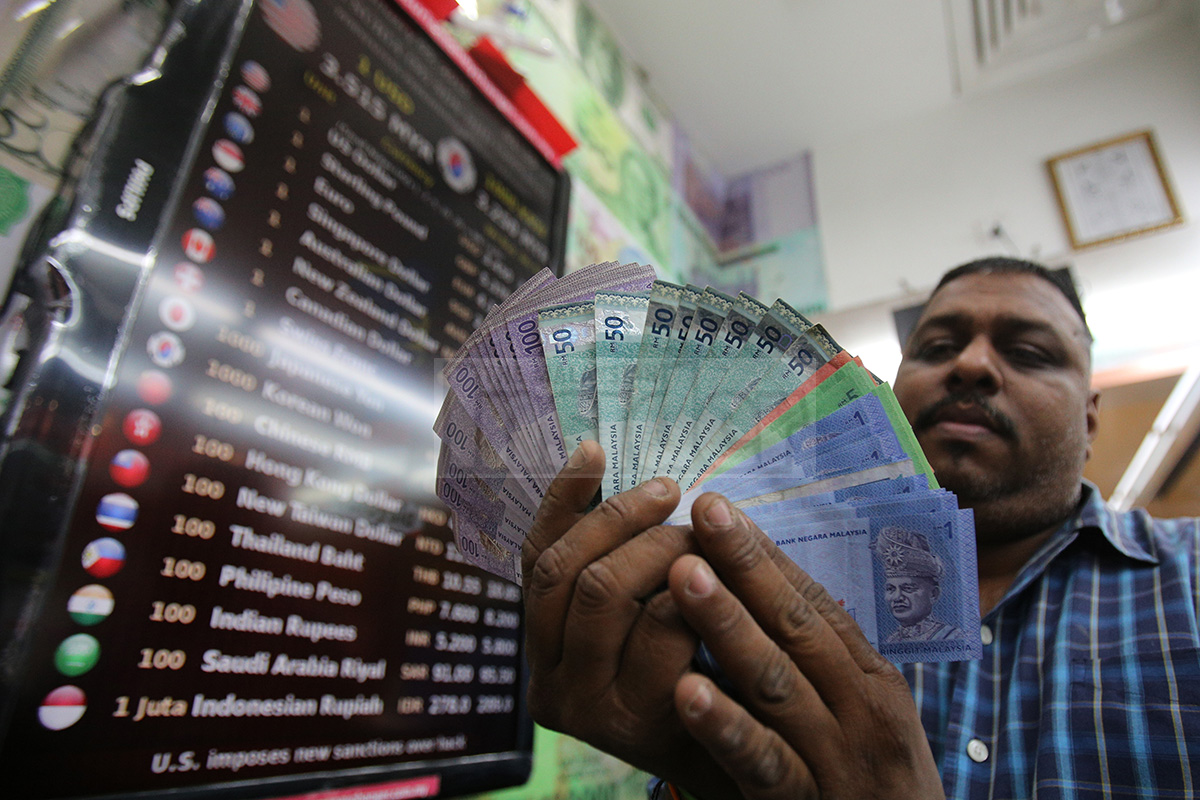Switzerland’s prosecutors are seeking legal assistance from Malaysia after a probe into a government investment fund revealed “serious indications” that about $4 billion may have been misappropriated from state companies in the Southeast Asian nation.
The Swiss Attorney-General’s office said in a statement Friday that during an investigation of 1Malaysia Development Bhd., four cases involving allegations of criminal conduct and occurring between 2009 and 2013 have so far come to light. It has been ascertained a small amount of funds were transferred to Swiss accounts of former Malaysian public officials, according to the statement. The Swiss authority is seeking help from the Malaysian attorney general to determine whether funds were misappropriated.
“The monies believed to have been misappropriated would have been earmarked for investment in economic and social development projects in Malaysia,” the Swiss authority said in the statement. “To date, however, the Malaysian companies concerned have made no comment on the losses they are believed to have incurred. The object of the request for mutual assistance is therefore to advise the companies and the Malaysian government of the results of the Swiss criminal proceedings, with the aim of finding out whether losses on this scale have been sustained.”
Multiples Probes
1MDB, whose advisory board is headed by Prime Minister Najib Razak, has been the subject of overlapping investigations in Malaysia, as well as overseas jurisdictions including Singapore and Hong Kong amid allegations of financial irregularities.
1MDB said in a statement Saturday that it hasn’t been contacted by any foreign legal authorities on any matters relating to the company.
“1MDB remains committed to fully cooperating with any lawful authority and investigation, subject to advice from the relevant domestic lawful authorities, and in accordance with international protocols governing such matters,” the company said in the statement.
Malaysia will cooperate with its Swiss counterparts and review the findings before determining a course of action, Attorney General Mohamed Apandi Alisaid in a statement Saturday. A spokesman for the Prime Minister’s Office said they won’t be commenting on the matter.
Criminal Proceedings
Swiss authorities in August opened criminal proceedings against two executives of 1MDB and what it classified as “persons unknown” on suspicions of bribery of foreign public officials, misconduct in public office, money laundering and criminal mismanagement. The proceedings were based on notifications of suspicious transaction reports by the Swiss financial intelligence unit MROS, the attorney-general’s office said in September.
While the Swiss statement on Friday didn’t identify any individuals, it named companies “in connection” to its investigation of 1MDB. The suspected cases that were discovered were “each involving a systemic course of action carried out by means of complex financial structures,” according to the statement.
Genting Bhd., one of the companies mentioned by the Swiss prosecutor, declined to comment. 1MDB built an energy business by acquiring assets from Genting and Tanjong Plc. Calls after office hours to Tanjong, another company cited in the statement, weren’t answered.
Requests Dismissed
While an initial Malaysian auditor general’s report in July on 1MDB didn’t reveal any suspicious activity, the nation’s central bank had made requests for the attorney general to initiate criminal proceedings against the debt-ridden company. The Malaysian attorney general’s office dismissed the central bank’s requests, which alleged that 1MDB breached the Exchange Control Act.
Separately, the attorney general closed the door on a graft investigation into Najib this month, clearing him of wrongdoing over a “personal contribution” of $681 million from Saudi Arabia’s royal family, and funds from a company linked to 1MDB that appeared in his personal bank accounts. Under Malaysia’s federal constitution, the decision to initiate criminal prosecution lies solely with the attorney general.
Najib has maintained the funds were not used for private benefit, with $620 million later returned to the Saudi donors, although there hasn’t been a clear explanation as to what the rest was spent on or where that money is now. Both the premier and 1MDB have consistently denied any wrongdoing.
Bloomberg


 Naira3 weeks ago
Naira3 weeks ago
 News4 weeks ago
News4 weeks ago
 Naira4 weeks ago
Naira4 weeks ago
 Naira3 weeks ago
Naira3 weeks ago
 Jobs4 weeks ago
Jobs4 weeks ago
 Travel3 weeks ago
Travel3 weeks ago
 Naira3 weeks ago
Naira3 weeks ago
 Investment4 weeks ago
Investment4 weeks ago





























